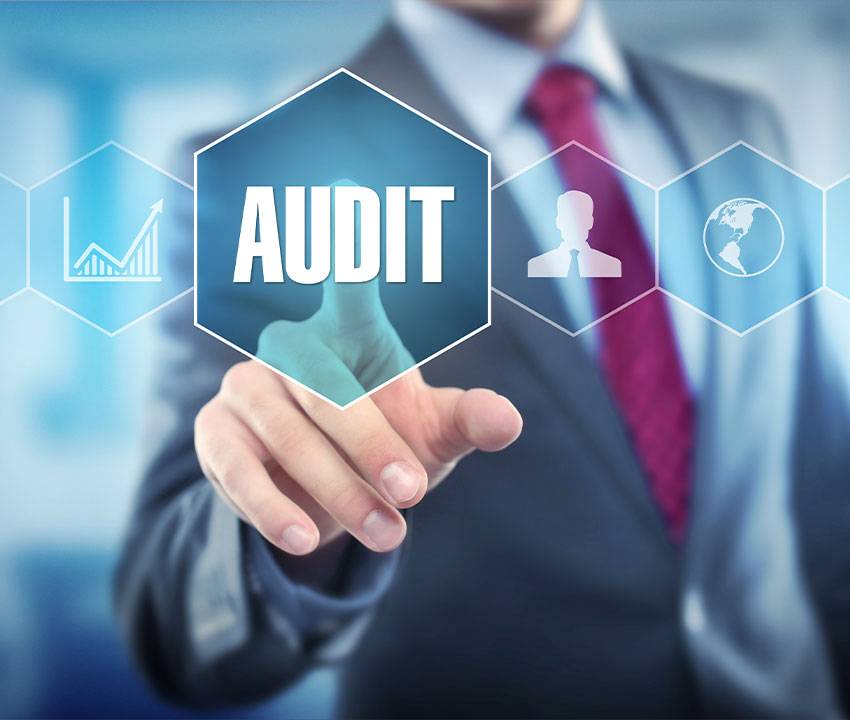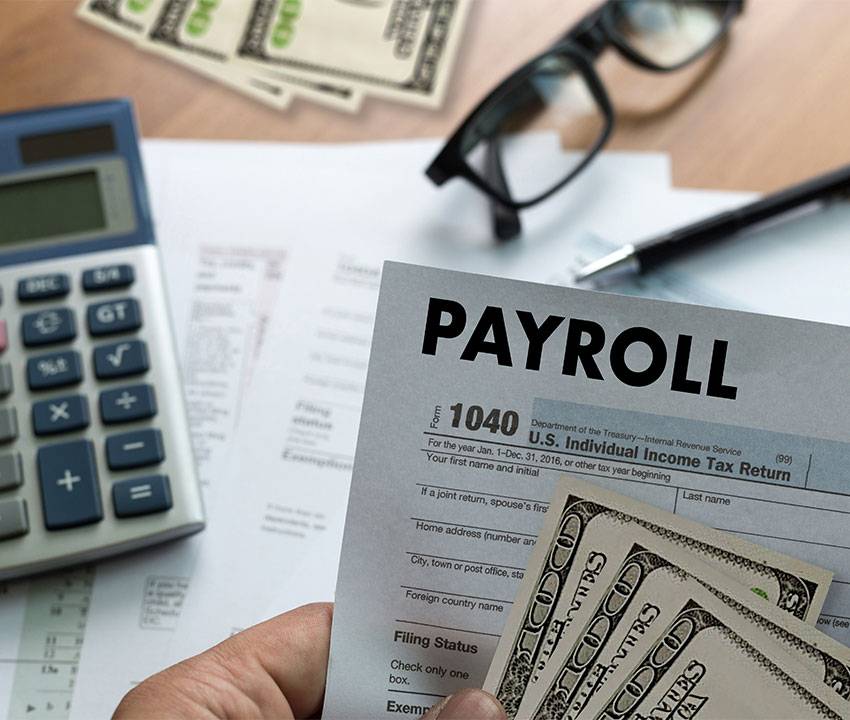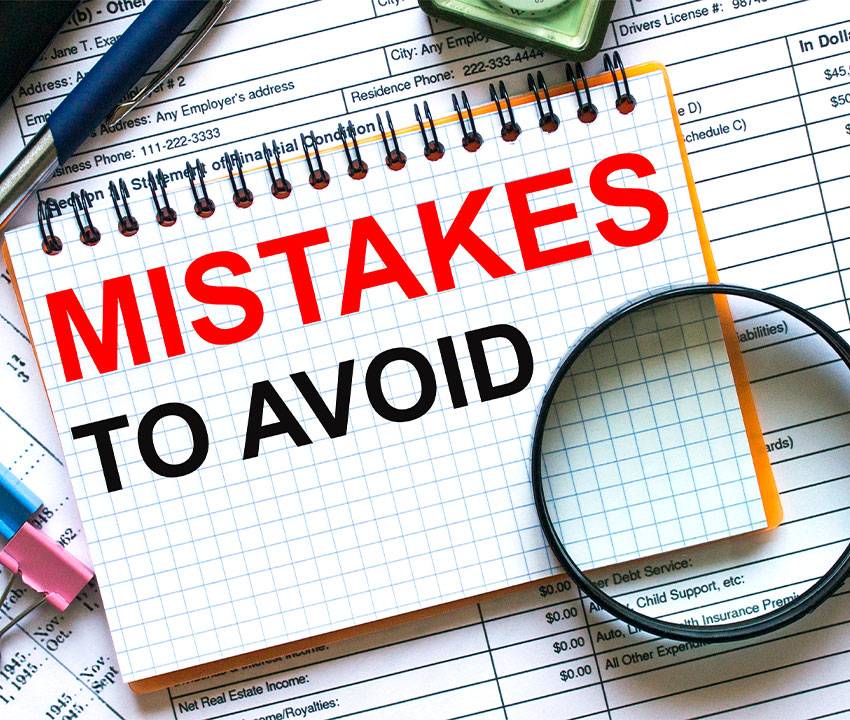Understanding Commercial Insurance Audits After Your Policy Ends
If you’ve purchased a commercial insurance policy—especially General Liability, Workers’ Compensation, or certain Property coverages—you may receive notice of an audit once your policy ends. This process often catches policyholders off guard, but with the right preparation, you can avoid surprises and make the experience painless.

Why Are You Being Audited?
Commercial policies are often based on estimates of your business activity, such as:
- Payroll
- Gross sales or receipts
- Number of employees
- Type of operations performed
Since these factors can fluctuate during the year, insurers conduct audits to compare your estimates with your actual numbers. This ensures you paid the right premium—no more, no less.

Who Is Auditing You?
The audit is conducted by your insurance carrier (or their third-party audit partner). It is not a government agency audit. Their role is simply to verify your reported business activity against payroll, tax, and financial records.

What Are They Looking For?
The auditor will review documentation such as:
- Payroll records (payroll reports, 941s, W-2s, 1099s)
- Gross receipts (income statements, sales ledgers, tax returns)
- Subcontractor information (certificates of insurance, 1099s)
- Job descriptions and classification of employees
The goal is to confirm that your business operations and exposures match what was declared at the start of the policy.

When Will the Audit Happen?
Most audits are scheduled within 30–90 days after your policy ends. Some may be conducted midterm if exposures are expected to change significantly. Audits can be done:
- Remotely (mail, phone, or online portal)
- In person (at your business location)

What Should You Expect?
- Notification – You’ll receive a letter, email, or phone call from the auditor.
- Document Request – They’ll ask for specific records (payroll, sales, subcontractor info).
- Audit Appointment – You may submit documents online or meet with the auditor.
- Audit Results – The insurance company will adjust your premium based on actual figures.
- If you underestimated exposures → you’ll receive a bill.
- If you overestimated exposures → you’ll receive a refund or credit.

How to Avoid a Painful Audit
The best way to avoid headaches is through preparation and accurate recordkeeping:
-
Be Accurate Upfront
Provide realistic estimates when starting or renewing your policy. Avoid lowballing figures just to reduce premiums—it almost always leads to a large bill after the audit. -
Keep Good Records
Maintain payroll reports, tax documents, and subcontractor certificates throughout the year. -
Track Subcontractors Carefully
If you hire subcontractors, make sure they provide certificates of insurance. Otherwise, they may be counted as your employees in the audit, increasing your premium. -
Classify Employees Correctly
Misclassifying workers (e.g., clerical staff counted as field workers) can lead to overcharges. Keep job roles well documented. -
Stay Organized
Keep business and personal accounts separate. Having clear, up-to-date books makes the audit faster and smoother.

Best Practices for Policyholders
- Review your policy exposures (payroll, sales, etc.) at least quarterly.
- Notify your agent during the policy year if your business grows or changes significantly. Adjusting your policy midterm may prevent a large bill later.
- Respond promptly to audit requests—delays can result in the insurer estimating your exposures, often to your disadvantage.
- Work closely with your insurance agent—they can help you prepare, explain the process, and even dispute audit results if necessary.
Bottom Line
An insurance audit is not a penalty—it’s a routine part of commercial coverage designed to make sure your premiums reflect your actual business activity. By keeping accurate records, providing realistic estimates, and maintaining subcontractor certificates, you can avoid a painful audit experience and keep your insurance costs predictable.



